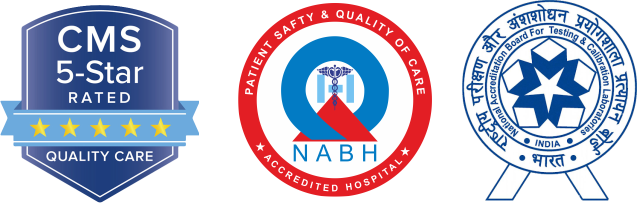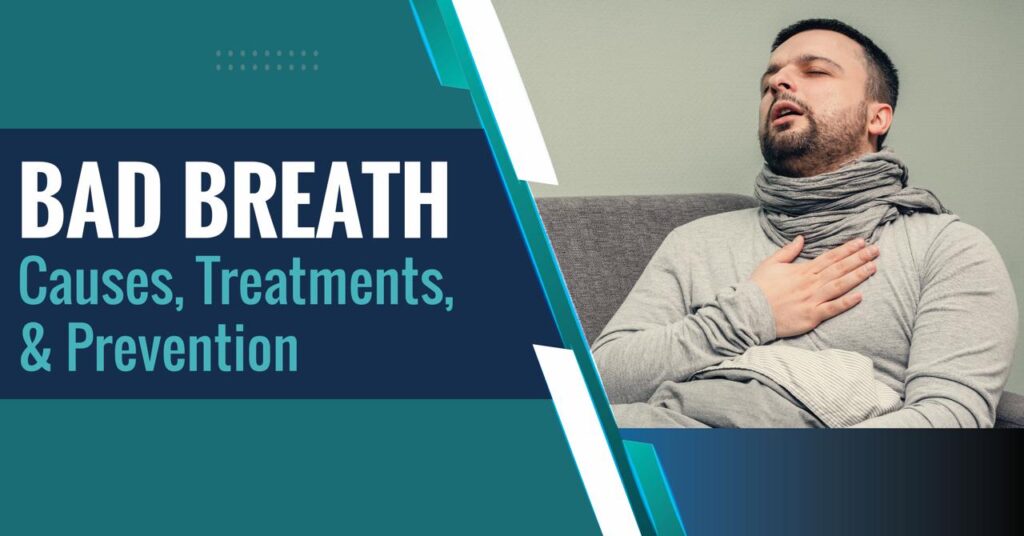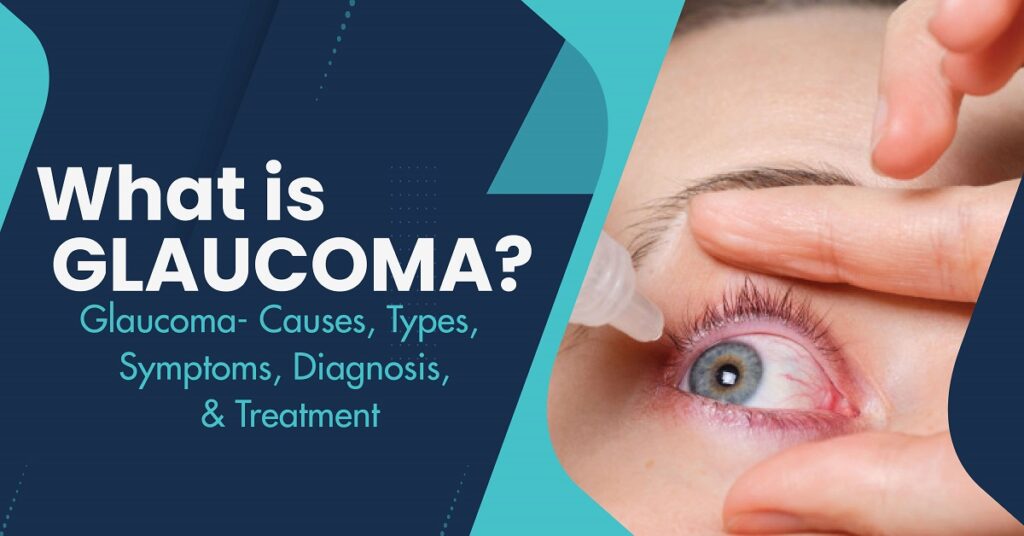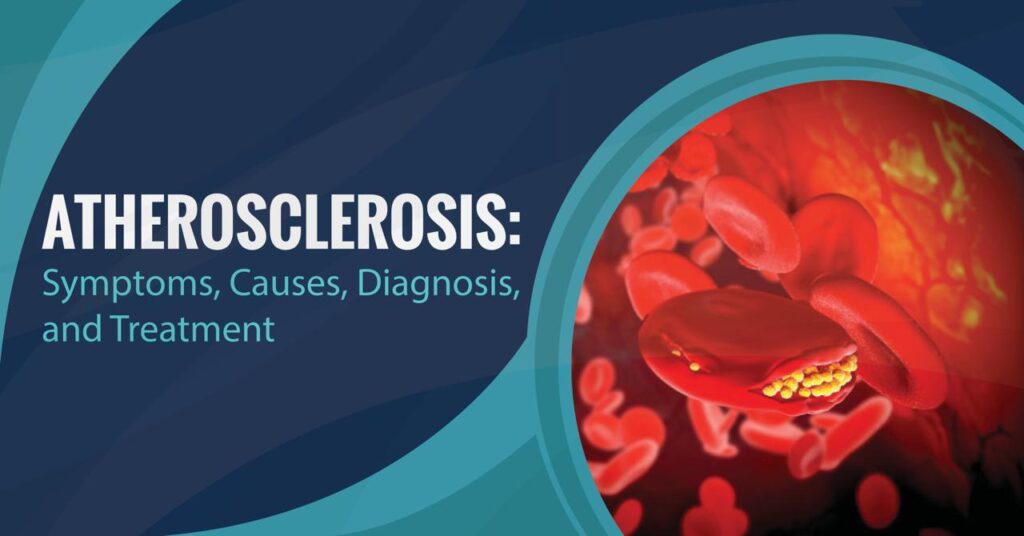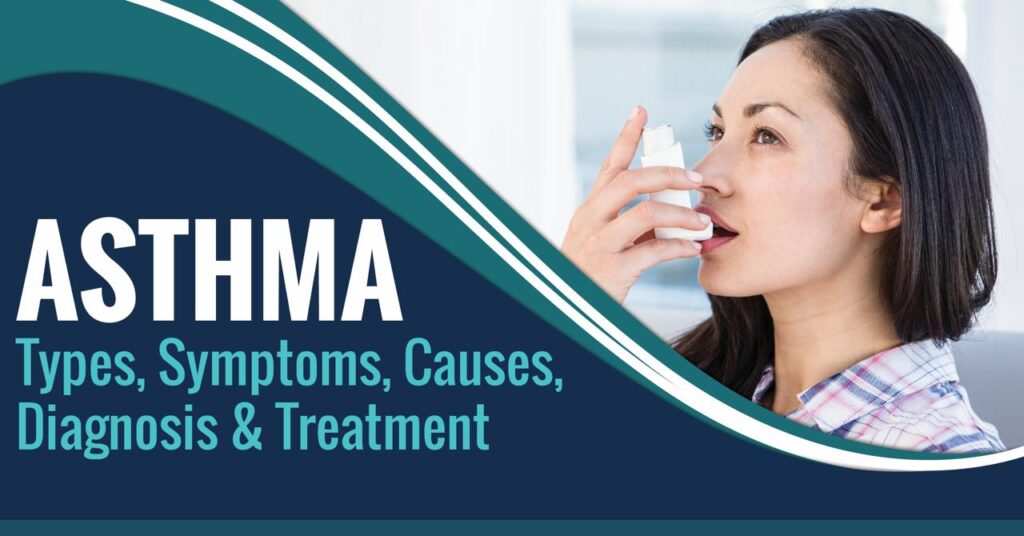The term bad breath is used to describe an unpleasant odor coming from the mouth. Halitosis can be an occasional problem, or it can be chronic. It may be caused by the foods a person eats, bad oral hygiene, chronic diseases, or other factors.
Bad breath may also impact a person’s quality of life by negatively affecting personal relationships and their quality of life. Some people are not aware that they have bad breath, and they learn about it from a family member, friend, or coworker. Let’s understand the causes of bad breath.
Bad Breath causes
There are many causes of bad breath. Some of them include:
- Food: Food particles can break down between your teeth and increase bacteria, causing a foul smell. Onions, garlic, spices, and other foods can lead to bad breath as well. Once digested, these foods are transported into your bloodstream, where they affect your breathing.
- Tobacco products: Tobacco and smoking both cause unpleasant mouth odors, and the likelihood of developing gum disease in smokers and oral tobacco users is even higher.
- Poor dental hygiene: Without brushing and flossing daily, food particles remain in your mouth, resulting in bad breath. A sticky film of bacteria (plaque) forms on your teeth, irritating your gums and eventually causing plaque-filled pockets between your teeth and gums (periodontitis).
Similarly, bacteria on your tongue can cause unpleasant odors, and dentures that are not cleaned regularly or that don’t fit right can harbor bacteria that cause odors.
- Dry mouth: Saliva helps to clean your mouth, eliminating anything that might cause bad breath. A condition called dry mouth or xerostomia (zeer–o-STOE-me-uh) can also contribute to bad breath because it reduces saliva production. It occurs naturally during sleep, causing morning breath, and can worsen if you sleep with your mouth open. Dry mouth can also be caused by problems with your salivary glands or disease.
- Crash diets: The breakdown of fats produces chemicals called ketones, which have an unpleasant odor. Fasting and low-carbohydrate eating programs can contribute to halitosis.
- Medications: Some medications may cause bad breath indirectly by causing dry mouth. Others can break down into chemicals that are released into your breath when they are broken down.
- Mouth Infection: There are several causes of bad breath, including wounds from oral surgery after tooth extraction, tooth decay, gum disease, or mouth sores.
- Other mouths, nose, and throat conditions: Infections or chronic inflammation in the nose, sinuses, or throat, which can result in postnasal drip, can cause bad breath. Small stones in the tonsils, covered with bacteria, can occasionally cause bad breath.
- Other causes: Several illnesses, including some cancers and metabolic disorders, produce chemicals that cause breath to smell distinctive.
You Can Read Also: What Is Atherosclerosis?
Bad breath can be caused by chronic reflux of stomach acids (gastroesophageal reflux disease, or GERD). Foreign bodies lodged in the nostrils of young children can cause bad breath.
Bad Breath symptoms
The symptoms of bad breath (Halitosis)
- Bleeding Gums
- Food Impaction
- Foreign Body in the Nose
- Liver Failure
- Lung Abscesses
- Medications
- Oral Abscess
- Oral Ulcers
- Mouth Sores
- Dry Mouth
- Bacterial Infections
- Dietary Factors
- Periodontitis
- Poorly Fitting Dentures or Oral Appliances
- Poor Oral Hygiene
- Tooth Decay
Bad Breath Diagnosis
When someone with suspected halitosis comes in to see the dentist, they may simply smell their breath and rate the odor as intensely as they can. They may scrape the back of the tongue and smell the scrapings as it is often the source of the odor.
It is possible to rate odor more precisely by using sophisticated detectors used to diagnose bad breath. These include:
- Halimeter: Low levels of sulfur are detected with this device.
- Gas chromatography: In this test, the three sulfur compounds hydrogen sulfide, methyl mercaptan, and dimethyl sulfide are measured.
- BANA test: The specific enzyme that causes halitosis in the body is measured by this device.
- Beta-galactosidase test: Studies have shown that mouth odor correlates with beta-galactosidase levels.
Bad Breath Prevention
The problem of bad breath happens to everyone at some point, but you can prevent it. Follow these prevention steps of bad breath to avoid embarrassing situations in the future:
- Maintain Good Oral Hygiene: Most people overlook this factor when it comes to reducing bad breath. Ideally, you should brush and floss after every meal.
This will help you reduce bacteria in your mouth that cause bad breath. Follow this with a twice-daily mouth rinse to help prevent cavities and plaque. It is better to use a mouthwash that kills bacteria rather than a cosmetic rinse that only covers up odors and does not get to the root of the problem.
- Watch What You Eat: Almost everything you consume is absorbed into your bloodstream and then reabsorbed when you breathe and speak. Pungent ingredients like garlic, onions, and spicy foods pose the biggest health risk.
By eating more onions, celery, and carrots – all of these vegetables contain a lot of water, which will help flush all of the debris from your mouth.
- Hydrate: Drinking water after a meal is a great way to help clean your mouth of oral bacteria and food particles before they can cause problems. If you cannot brush, floss, and rinse after eating, drinking fluids can help to rinse out the toxins from your body.
You should avoid soda, as excess sugar will bond to your teeth and gums, causing bad breath when mixed with leftover remnants of your meal.
- Chew the Right Thing: If you chew sugar-free gum after eating, it can improve your breath and keep saliva flowing, which helps keep bacteria and food particles out of your mouth. Chewing gum sweetened with 100% xylitol can also help reduce cavities.
Mints are considered the best way to mask bad breath, but at their worst, they’re loaded with sugar that sticks to your teeth and makes your problem worse. To help maintain fresh breath when you’re in a pinch, keep breath strips in your desk drawer, inside your pockets, and in your purse so that you can use it whenever you need them.
Bad Breath Home Remedies
To reduce or even stop the bad breath, you may try some of the home remedies that work on your bad breath to make it good.
- Brush your teeth after you eat: Using antibacterial toothpaste after meals have been shown to reduce bad breath odors. Keep a toothbrush at work to use after meals. Brushing is most important, so brush at least twice a day, especially after meals.
- Brush your tongue: A tongue brush can effectively reduce odors if your tongue harbors bacteria; people who have a coated tongue due to an overgrowth of bacteria (such as those who smoke or have a dry mouth) may benefit from a tongue scraper. You may use a toothbrush that has tongue cleaner with it.
- Floss at least once a day: Flossing removes food particles and plaque from between your teeth, thereby improving the quality of your breath.
- Clean dentures or dental appliances: It is important to clean your bridge or denture every day or as directed by your dentist. If you wear a dental retainer or mouth guard, you should clean them each time before you use them. Your dentist can advise you on good cleaning products.
- Maintain your diet: Don’t consume foods such as onions and garlic, which can cause bad breath. Diets high in sugar are also linked with bad breath.
- Avoid dry mouth: Chew gum or suck on candy (preferably sugarless) to stimulate saliva production and keep the mouth moist. Avoid smoking and drink plenty of water, not soft drinks or coffee, which can lead to dry mouths.
If you suffer from chronic dry mouth, you may be prescribed artificial saliva preparations or oral medications to stimulate saliva flow.
- Change your brush regularly: You should change your toothbrush once it becomes frayed, approximately every three to four months.
- Schedule regular dental checkups: It is important to see your dentist regularly to have your teeth and dentures checked and cleaned.
You Can Read Also: ASTHMA: TYPES, SYMPTOMS, CAUSES, DIAGNOSIS & TREATMENT
Once the dentist has identified the likely cause of bad breath, the treatment can begin.
Bad Breath treatment
The cause of bad breath will determine the further treatment you need; however, you can reduce bad breath by practicing good oral hygiene consistently.
The treatment for bad breath will also depend on the cause, that is the reason that causes bad breath. Your dentist may refer you to your primary care provider if you have bad breath that may be linked to a health condition.
Dentists will often recommend dental measures to combat oral health conditions. These measures may include:
- Depending on the cause of bad breath, a specific medical treatment needs to be prescribed.
- A dentist may prescribe artificial saliva to patients with dry mouths (xerostomia).
- The dentist may recommend special toothpaste or mouthwash to treat bad breath.
- Treatment of dental disease- The symptoms of gum disease will require you to see a gum specialist (periodontist), or you may be referred that way. The problem occurs when your gums pull away from your teeth, leaving deep pockets filled with bacteria that cause bad breath.
- It is not always possible for your dentist to remove these bacteria with standard cleaning. In addition, he or she might recommend replacing faulty restorations, a breeding ground for bacteria.
Follow-Up for Bad Breath
Here are some follow-ups for bad breath to improve your breathing.
- Make sure you follow all recommendations from your dental or medical professional, including any recommended mouthwash or toothpaste.
- Patients who suffer from bad breath odor that is determined not to be caused by the oral disease may be referred to a physician.
- A dentist who suspects the patient has gum disease may refer them to a periodontist, an expert in gum treatment.
Conclusion:
Taking time to set up a thorough diagnosis with a dentist before starting any treatment is a wise move. A dentist’s examination will indicate which treatment is best for patients with bad breath, and how extensive it should be.
Getting to the bottom of a bad breath problem may uncover a more serious problem, which may result in the need for referral to an appropriate specialist. In such situations, treating a case of bad breath can prevent further complications.
We explained all the treatment and prevention tips above so that you can easily understand the problem of your bad breath and take precautions to reduce it.
Simple home remedies are also available to stop the bad breath like you need to brush your teeth two times a day or after a meal, maintain a proper diet, avoid eating smelling food, etc.

